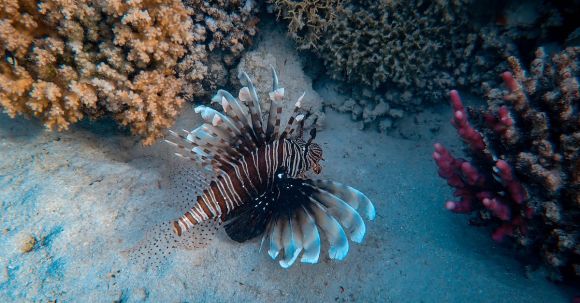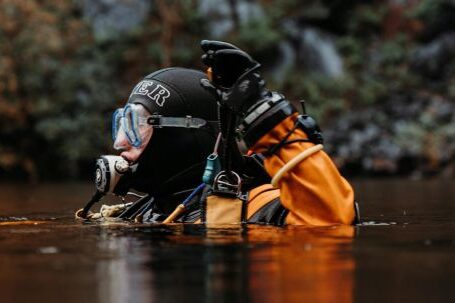Coral reefs are often referred to as the rainforests of the sea, and for good reason. These vibrant and diverse ecosystems are home to a stunning array of marine life, making them a treasure trove for scientists and nature enthusiasts alike. From the colorful fish that dart through the coral branches to the delicate invertebrates that call this underwater wonderland home, coral reefs are a testament to the beauty and complexity of our natural world.
The Importance of Coral Reefs
Coral reefs play a vital role in maintaining the health and balance of our oceans. They act as nurseries for many marine species, providing a safe haven for young fish to grow and thrive. In addition, coral reefs help to protect coastal areas from erosion and storm damage by acting as natural barriers. They also contribute to the global carbon cycle by absorbing large amounts of carbon dioxide from the atmosphere, helping to mitigate the effects of climate change.
Diversity and Adaptations
One of the most remarkable aspects of coral reefs is their incredible diversity. These underwater ecosystems are home to thousands of species, each uniquely adapted to thrive in this specialized environment. From the brilliantly colored clownfish that make their homes among the anemone to the camouflaged octopus that can change its appearance to match its surroundings, the inhabitants of coral reefs have evolved a wide range of fascinating adaptations.
Coral Reefs as Hotspots of Biodiversity
Coral reefs are often referred to as biodiversity hotspots, as they support an astonishing variety of life. In fact, although they cover less than 1% of the ocean floor, coral reefs are estimated to be home to around 25% of all marine species. This incredible biodiversity is due to the complex structure of the coral reef, which provides numerous niches and habitats for a wide range of organisms. From tiny plankton to large predators like sharks, there is a place for everyone in the coral reef ecosystem.
Threats to Coral Reefs
Unfortunately, coral reefs around the world are facing numerous threats. Climate change, including rising sea temperatures and ocean acidification, poses a significant risk to coral health. Pollution from land-based sources, overfishing, and destructive fishing practices also contribute to the degradation of coral reefs. In addition, the physical damage caused by human activities such as boating and diving can have a devastating impact on these delicate ecosystems.
Protecting Coral Reefs
Given the importance of coral reefs, it is crucial that we take steps to protect and preserve these fragile ecosystems. Efforts are underway around the world to establish marine protected areas and implement sustainable fishing practices. Additionally, reducing carbon emissions and addressing climate change is essential to ensure the long-term survival of coral reefs. Individuals can also make a difference by choosing sustainable seafood, using reef-safe sunscreen, and supporting organizations that work to protect and conserve coral reefs.
Exploring Coral Reefs
For those who are fortunate enough to visit a coral reef, whether through diving or snorkeling, the experience is truly awe-inspiring. The vibrant colors, the teeming schools of fish, and the intricate beauty of the coral itself create a sensory overload that is hard to describe. It is a chance to witness firsthand the incredible diversity of life that exists beneath the surface of our oceans and to gain a deeper appreciation for the importance of protecting these fragile ecosystems.
In conclusion, coral reefs are not only visually stunning but also incredibly important ecosystems. Their biodiversity and complexity make them a treasure trove of scientific discovery and a source of wonder for those who explore them. However, they are under threat from human activities and climate change, making it crucial that we take action to protect and preserve these fragile ecosystems for future generations to enjoy. So, let’s dive into the world of coral reefs and discover the rich ecosystems that lie beneath the waves.





